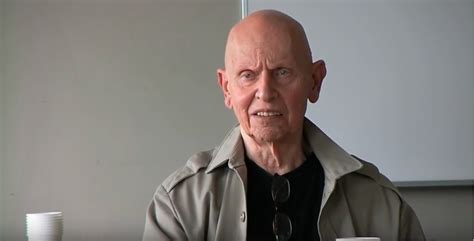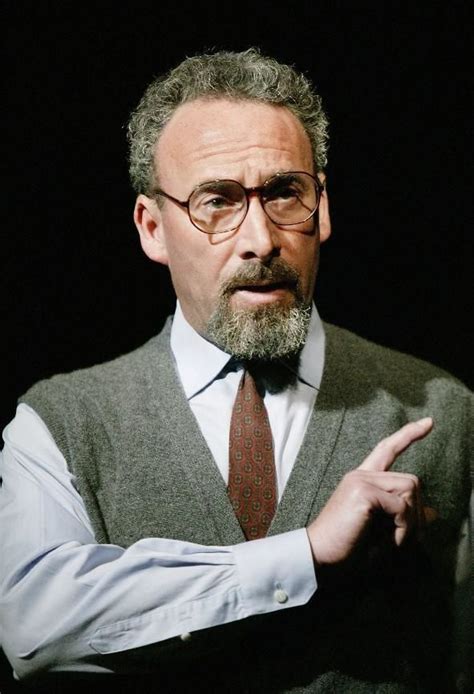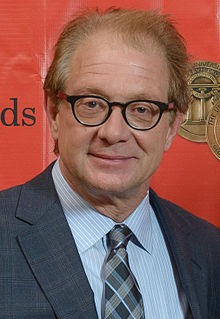A Quote by Lupita Nyong'o
As actors, you become an expert at starting over.
Related Quotes
while the executive should give every possible value to the information of the specialist, no executive should abdicate thinking on any subject because of the expert. The expert's information or opinion should not be allowed automatically to become a decision. On the other hand, full recognition should be given to the part the expert plays in decision making.
Particularly, the actors, to have analyzed the script in great detail from the point of view of their specific character. So that they have a handle on exactly where the character is in the chronology of things. In that sense the actors become your best check on the logic of the piece, and the way in which it all fits together. They become essential collaborators. The main thing is you have to work with very smart actors.
It was inevitable that in the proliferation of media and media channels and the natural debasing of authority that comes when you make an expert of someone who knows a few things and can be on television and you put the word "expert" underneath them, that is to say me, then eventually the very concept of expertise itself would become meaningless.
We're interested by public personas and private personas, otherwise we wouldn't put on with actors rambling on with the same kind of stuff, over and over again, saying variations of the same thing. I'm always amazed by how fascinated people still are by actors because it's the same version of events that actors describe, all the time.



































